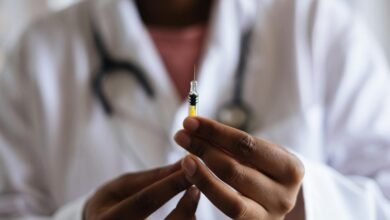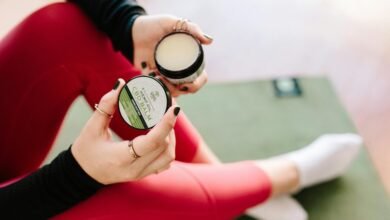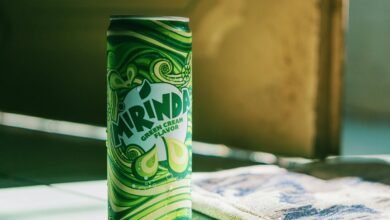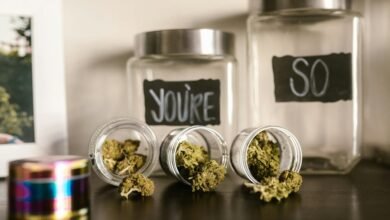Is Cbd Fake

The authenticity of CBD products is a growing concern amid a flooded marketplace. While CBD is a recognized compound with potential health benefits, not all products on the market are created equal. Misleading labels and unverified claims can obscure the truth about their efficacy and safety. Therefore, consumers must approach their choices with caution. Understanding how to identify legitimate products becomes crucial in this complex landscape. What strategies can one employ to navigate this uncertainty?
Understanding CBD: What It Is and How It Works
Cannabidiol, commonly known as CBD, is a compound derived from the cannabis plant that has gained significant attention for its potential therapeutic effects.
Its origins can be traced back to ancient uses of cannabis. The extraction process involves isolating CBD from hemp or marijuana plants, yielding a product that is non-psychoactive.
This distinction has sparked interest in its applications for health and wellness.
The Science Behind CBD: Benefits and Research
As research continues to evolve, the potential benefits of CBD have garnered interest from both the scientific community and the public.
Studies indicate that CBD extraction methods can preserve the compound's efficacy, potentially offering various health benefits such as pain relief, anxiety reduction, and anti-inflammatory properties.
Ongoing investigations aim to clarify its mechanisms and validate these assertions, fostering a deeper understanding of CBD's role in wellness.
The Regulatory Landscape: Navigating a Complex Market
Navigating the regulatory landscape surrounding CBD can be challenging due to the varying laws and guidelines that differ significantly across regions.
Regulatory challenges create uncertainty for consumers and businesses alike, complicating compliance with market standards.
As jurisdictions implement differing policies, stakeholders must remain informed to ensure adherence and protect their interests, ultimately influencing the growth and integrity of the CBD market.
Spotting Authentic CBD Products: Tips for Consumers
Consumers frequently encounter a plethora of CBD products on the market, making it essential to distinguish between authentic offerings and those that may be misleading.
To ensure authenticity, individuals should scrutinize labeling standards, verifying third-party lab results and clear ingredient lists.
Additionally, understanding product sourcing helps consumers identify reputable brands committed to quality and transparency, safeguarding their freedom to make informed choices.
Conclusion
In conclusion, while CBD itself holds legitimate promise for various therapeutic applications, the market's overwhelming influx of products necessitates vigilance from consumers. Authenticity is paramount; without it, the potential benefits of CBD may be overshadowed by a sea of misleading options. By prioritizing product sourcing, third-party lab results, and regulatory compliance, individuals can navigate this complex landscape. Ultimately, ensuring the legitimacy of CBD products is not just wise—it's essential for safeguarding one's health in a world rife with counterfeit offerings.






